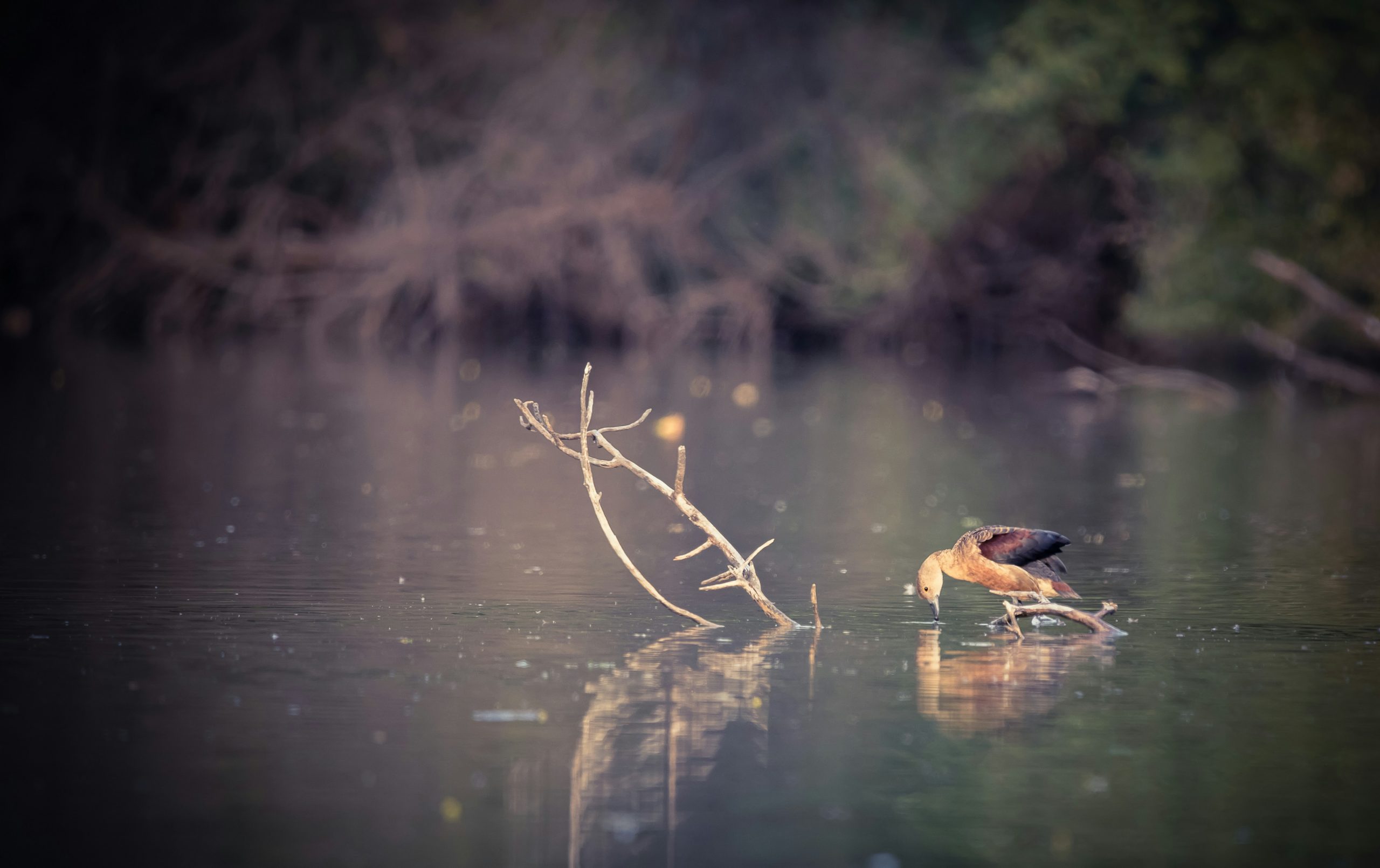
wetland
Wetlands, integral ecosystems providing an array of vital services, are under severe threat in Delhi. Home to over 1,000 lakes, wetlands, and ponds, the Capital’s water bodies face a myriad of challenges, including encroachment, pollution, and inadequate waste disposal.
Renowned conservationist Ramveer Tanwar, with over a decade of experience in wetland restoration in the Delhi-NCR region, paints a grim picture of the state of wetlands.
“Rapid urbanisation in the name of sustainable development has led to the disappearance or degradation of over 70% of wetlands in Delhi-NCR,” he notes.
Bhalswa wetland, once teeming with life, now stands as testament to environmental neglect, transformed into a virtual sewage tank. The proliferation of milk dairies in the area contributes to the dumping of considerable animal waste, exacerbating the degradation of this once-thriving ecosystem.
A recent study published in the Journal of Scientific & Industrial Research sheds light on the alarming trends in the Bhalswa lake. Built-up areas have expanded, forests diminished, and the water body’s size has halved from 2.48 km² to a mere 0.95 km².
Similar distressing patterns were identified in other prominent wetlands like Sanjay Lake, Welcome Jheel, Tikri Khurd Lake, Smriti Van (Vasant Kunj), Hauz Khas Lake, and Smriti Van Lake (Kondli).
Neighbouring regions of Faridabad, Noida, and Greater Noida also face a dire situation. Once boasting over 200 wetlands, Noida now clings to a mere handful. The Surajpur Wetland in Greater Noida, a crucial urban wetland in the Yamuna basin, exemplifies this crisis. Over the past two decades, built-up and cropland increased, while barren land, plantations, and water bodies dwindled.
Tanwar emphasises the detrimental impact of crop production around wetlands due to the excessive use of pesticides and fertilisers. Industrial waste compounds the issue, significantly harming the habitat. The ecological toll isn’t limited to local fauna; migratory birds like the Sarus Crane have bid farewell to the Delhi-NCR region.
Wetland conservation faces multifaceted challenges, with rejuvenation efforts often taking the form of concrete interventions, leading to lifeless ecosystems. Noida-based wetland conservationists stress the need for authorities to navigate bureaucratic hurdles and for the public to recognise wetlands as invaluable assets, not dumping sites.
In the face of this environmental crisis, urgent action is imperative. Authorities must prioritise the removal of bureaucratic obstacles hindering wetland restoration. The public, too, must be educated about the pivotal role wetlands play in sustaining biodiversity and ecosystem services.
The clock is ticking, and the preservation of Delhi’s urban wetlands demands immediate attention and concerted efforts from all stakeholders.
On the principle of 'Sarvajan Hitaya, Sarvajan Sukhaya' -- Welfare for all, Happiness for all…
With hundreds reported missing in Delhi this year, this guide explains how families can use…
The case came to light after a 35-year-old woman from Panipat alleged that she had…
During the investigation, CCTV footage helped identify the suspects, according to Delhi Police
The launch took place during the inauguration of the Delhi Police Exhibition Hall at Connaught…
The 28-year-old factory owner was taken to Satyawadi Raja Harish Chandra Hospital in Delhi, while…